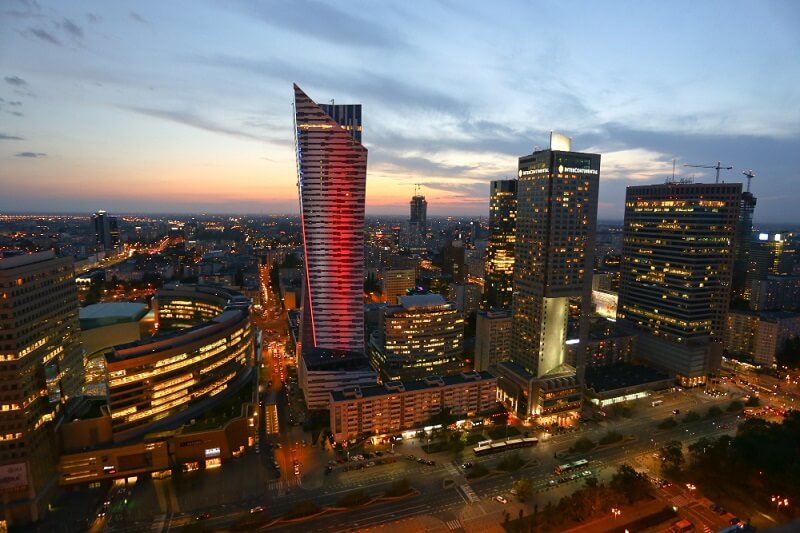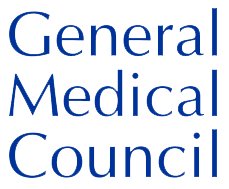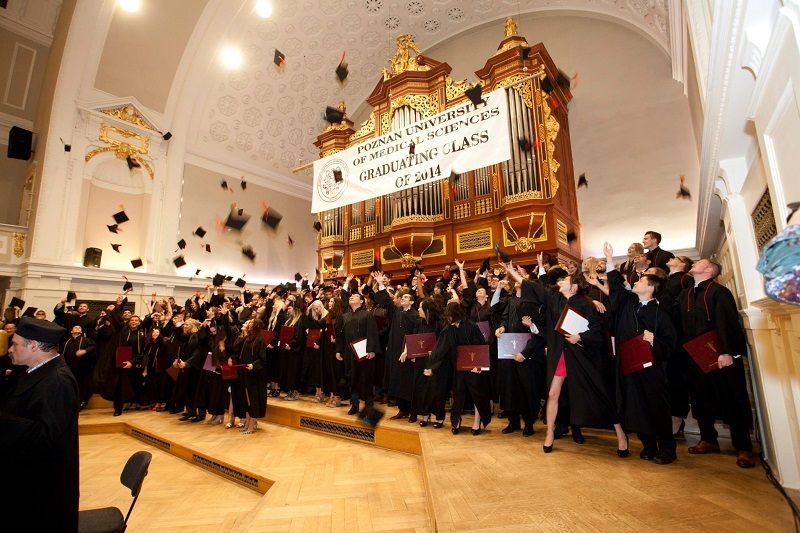Undergraduate medical courses in Poland are taught in English and last six years, after which students receive an internationally recognised Doctor of Medicine degree.
The programme is divided into pre-clinical and clinical modules, with the first three years devoted to theoretical modules and the subsequent three years devoted to clinical rotations in Polish hospitals. The course ends with a state exam, and if passed successfully, graduates earn the title of “Doctor”.
Graduate entry medicine in Poland
Poland offers graduate entry programmes, also referred to as “accelerated MD” by Polish schools. The course allows previous healthcare/science degree backelors entry up to the 3rd year using the ETCS credits. The fast-track programme is available in:
- Silesia Medical University
- Poznan University of Medical Sciences
- Medical University of Lodz















